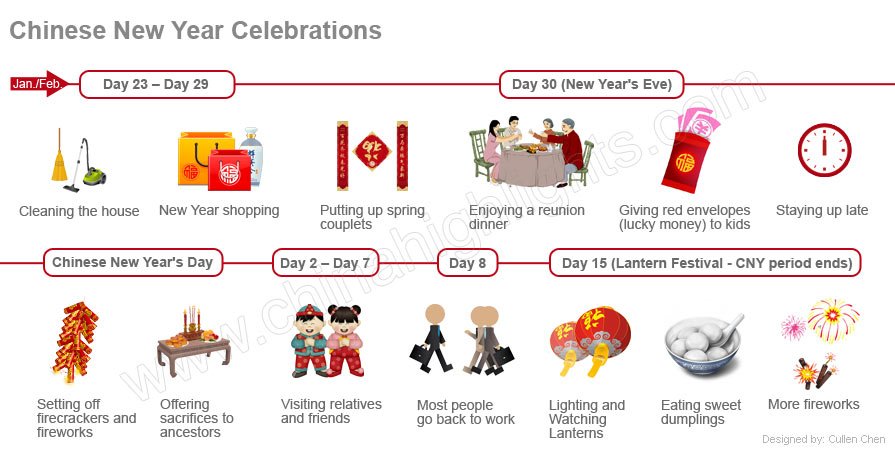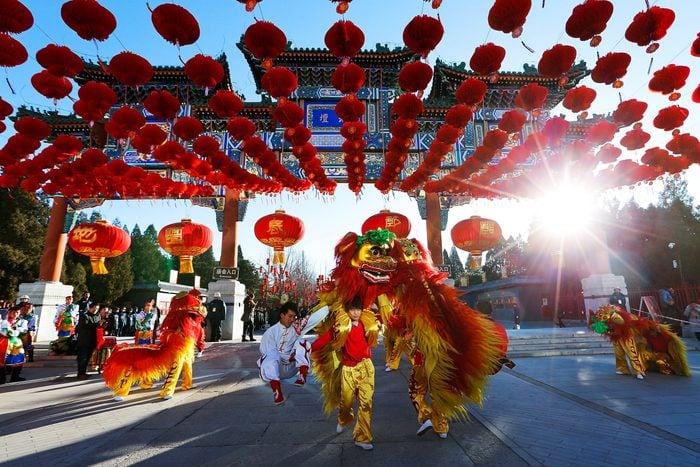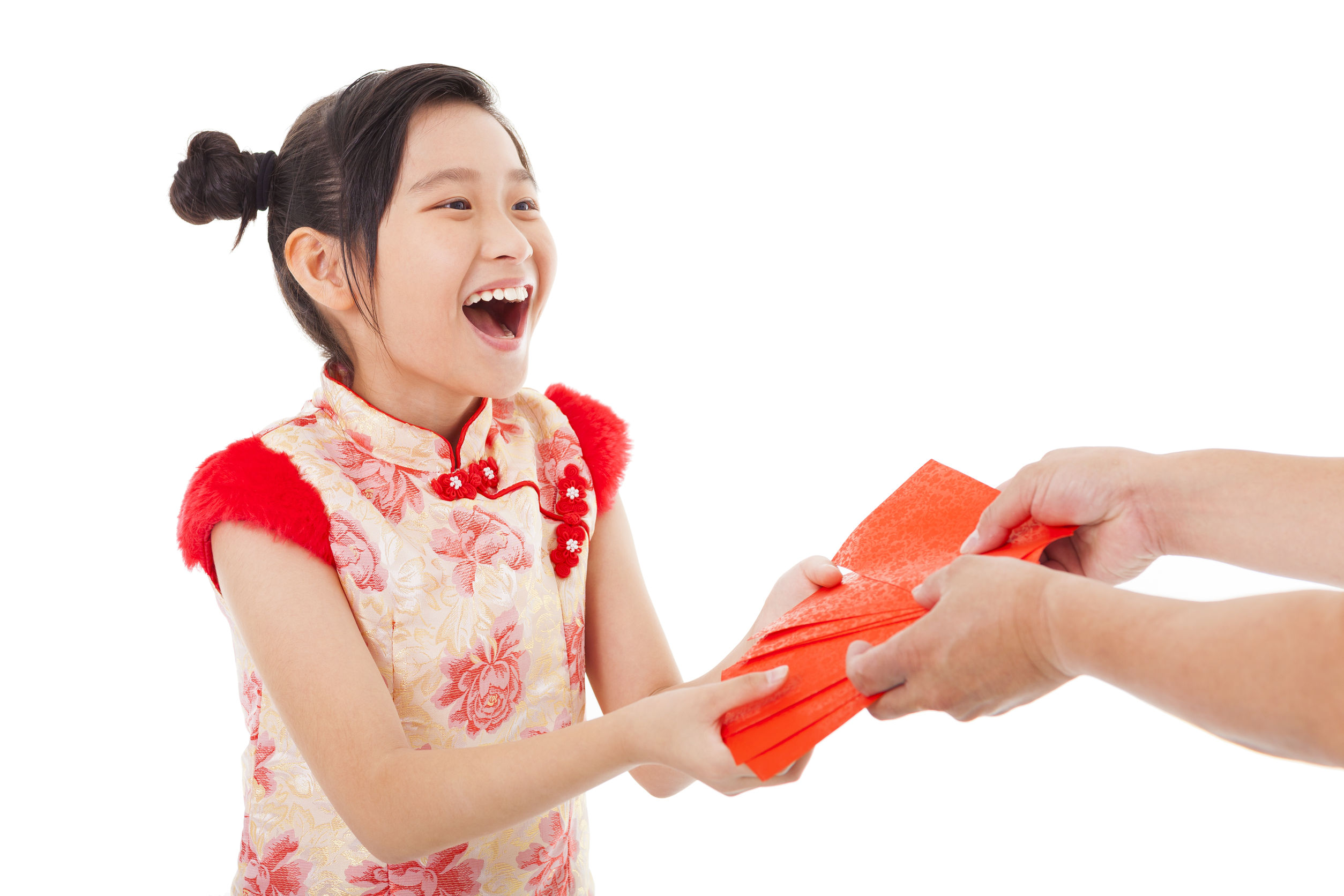Gallery
Photos from events, contest for the best costume, videos from master classes.
:max_bytes(150000):strip_icc()/GettyImages-79646197-5c2ccf8fc9e77c00015db07b.jpg) |  |
 |  |
 |  |
 |  |
 |  |
 |
For Chinese people, Lunar New Year is the Spring Festival, and it’s celebrated widely in Taiwan and across Southeast Asia in countries with large Chinese populations, such as Singapore and Malaysia. Since the mid-1990s people in China have been given seven consecutive days off work during the Chinese New Year. This week of relaxation has been designated Spring Festival, a term that is sometimes used to refer to the Chinese New Year in general. The origins of the Chinese New Year are steeped in legend. One legend is that thousands of years Learn about the history, symbolism, and customs of Chinese New Year, one of the most important and widely celebrated holidays in Chinese culture. Find out how families come together, honor ancestors, and wish for good fortune in the new year. Chinese New Year (Lunar New Year) is a time for families to be together. Chinese New Year's Eve is the most important time. Wherever they are, people are expected to be home to celebrate the festival with their families. The Chinese New Year's Eve dinner is called 'reunion dinner'. Big families of several generations sit around round tables and Learn why Chinese New Year is the most important festival in China, with cultural and historic significance. Discover the legends, traditions, and customs of the Spring Festival, and how it is celebrated across the country and abroad. Learn about the legend of Nian, the mythical beast that inspired the Chinese New Year traditions. Discover how the date, activities and functions of the festival have changed over time. More than a billion people across the world will be celebrating Lunar New Year 2022 on 1 February. Chinese New Year is thought to date back to the 14th century BC, when the Shang dynasty ruled The Chinese New Year’s Eve meal is the most important dinner of the year. Typically, families gather at a designated relative’s house for dinner, but these days, many families often celebrate Learn how Chinese people celebrate the Spring Festival, the most important festival of the year, with folk stories, food, decorations, greetings and more. Discover the origins and meanings of the rituals and practices that welcome the new year and ward off evil spirits. The highlight of the celebration is Chinese New Year's Eve, when families gather for a reunion feast of symbolic foods, including dumplings shaped like ancient Chinese gold ingots that represent wealth, and fish, which in Chinese is a homonym of "abundance." The fish must be only partially eaten because the leftovers signify continuing prosperity. Chinese New Years Eve: 春节: Chūnjié: Chinese New Year; Spring Festival: 春节快乐! Chūnjié kuàilè! Happy Spring Festival! 新年快乐! Xīnnián kuàilè! Happy New Year! 大吉大利! dàjídàlì! Wishing you great prosperity! 恭喜发财: gōngxǐ fācái: May you have a prosperous new year: 鼠年大吉: shǔnián dàjí As Chinese New Year is celebrated by Chinese people of certain ethnic groups (primarily the Han majority ethnicity), there are other ethnicities that may celebrate the Spring Festival in its more pure form, without regarding it as a 'new year' celebration, and instead celebrate a separate new year, unique to their culture or calendar, along Lunar New Year marks the beginning of a new year on China's traditional lunisolar calendar. It is a time for family gatherings. It is the most important festival in China (where it is known as Chinese New Year or Spring Festival), and it is also widely celebrated in South Korea (where it is known as Seollal), in Vietnam (as Tet), as well as Singapore, Indonesia, Malaysia, and other countries The major celebrations are held on New Year's Eve and New Year's Day. In China, millions travel - sometimes thousands of miles - to celebrate with their families. Image source, Getty Images The Significance of Chinese New Year's Eve. Chinese New Year's Eve is the start of the long Chinese New Year celebration period and marks the beginning of the holidays for most people in China. In the past, and even today in China's lesser developed areas, this is the only holiday that many people will have the entire year, and so the build-up Lunar New Year, festival typically celebrated in China and other Asian countries that begins with the first new moon of the lunar calendar and ends on the first full moon of the lunar calendar, 15 days later. The dates of the holiday vary from year to year, beginning some time between January 21 and February 20. During Chinese New Year, people have a long list of things to do. From one week preceding the festival to the 15th day after, many Chinese New Year customs are widely observed for thousands of years. The family reunion dinner, eating dumplings, and setting off firework are the must-dos that you might know. What else interesting do the Chinese do? It is an important custom to set off firecrackers and fireworks during the Chinese New Year period. Chinese New Year celebrations would not be complete without them. Why Light Firecrackers on Chinese New Year? In traditional Chinese culture, firecrackers were originally used to scare away evil spirits. As the legend goes, a monster called Nian The Spring Festival, also known to most people as the Chinese New Year or Lunar New Year, is the most famous and the most important of all other festivals in Chinese culture. Chinese culture, as well as some other Asian cultures like Japanese and Korean, uses the Lunar Calendar rather than our standard Gregorian Calendar. In Chinese, "fish" (鱼 Yú /yoo/) sounds like 'surplus'. Fish is a traditional Chinese New Year dish on the Chinese New Year dinner menu. Chinese people always like to have a surplus at the end of the year, because they think if they have managed to save something at the end of the year, then they can make more in the next year.
Articles and news, personal stories, interviews with experts.
Photos from events, contest for the best costume, videos from master classes.
:max_bytes(150000):strip_icc()/GettyImages-79646197-5c2ccf8fc9e77c00015db07b.jpg) |  |
 |  |
 |  |
 |  |
 |  |
 |